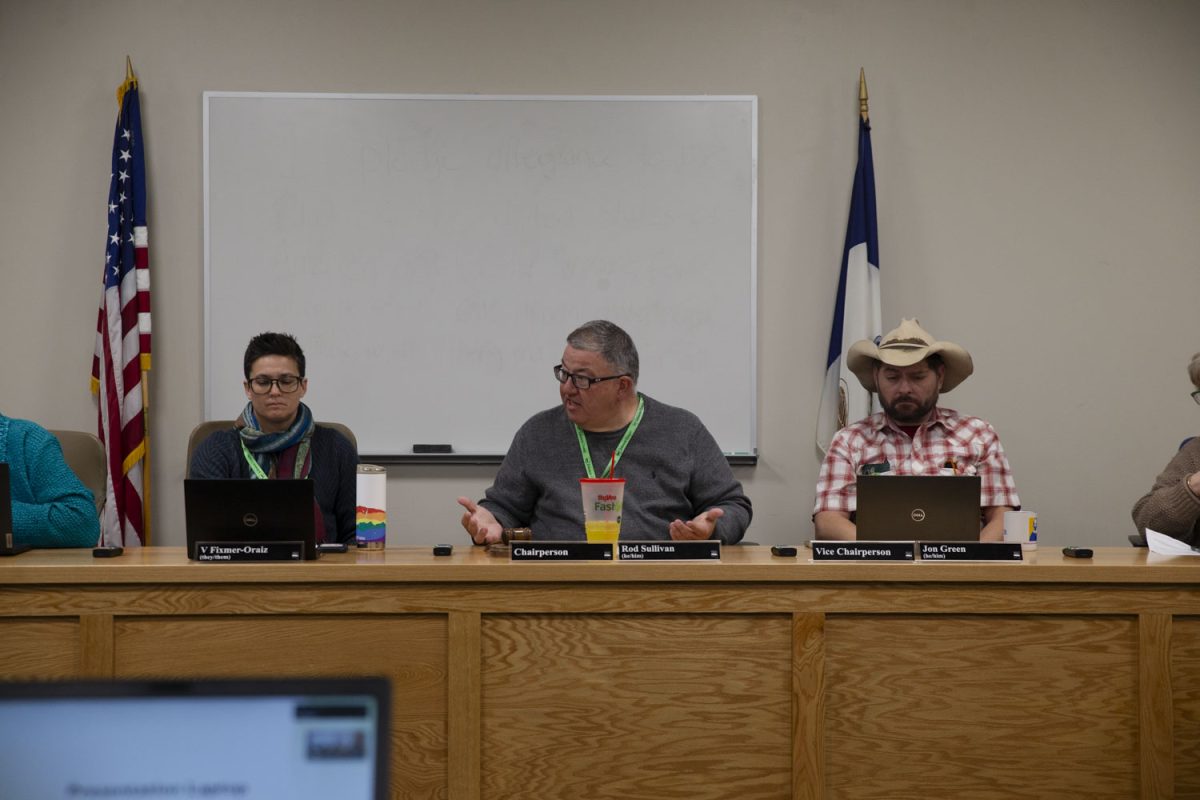Not all social-studies classes are created equal — at least not in Iowa.
Officials from the Iowa Department of Education said not all schools are required to take standardized testing for social studies, and because of this, do not have a common teaching practice statewide.
As science, technology, engineering, and mathematics become crucial pushes in Iowa students’ curricula, officials from the Department of Education are trying to keep social studies on the same level of importance as other subjects by organizing a two-day institution called Best Practices in Social Studies Institute on June 24 and 25.
Stefanie Wager, a social-studies consultant for the Iowa Department of Education, said all though Iowa curriculum requires schools to put it in their core requirements, schools are not required to take standardized testing in social studies.

“A majority of schools in Iowa are not required to take social-studies standardized testing,” Wager said. “After doing a survey throughout the state of Iowa, many teachers said they are not getting the resources for professional development in social studies.”
Pam Ehly, the director of Iowa City’s curriculum, said Iowa City students from third through 11th grade are required to take standardized testing. Ehly said Iowa City students do extremely well on a state and national level.
“In Iowa City, I haven’t seen a shift that has taken away the importance of social studies compared to other courses,” Ehly said. “Students may know all the math and science possible, but if they don’t understand historical facts, trends, and graphics, student’s will not understand the importance of patterns.”
Ehly said students from first grade through graduation cover different cultures, individual development, government, and global connections. She said once students enter the high-school level they are allowed to take either the required introductory or advanced placement courses for government, economics, and psychology classes.
Wager said according to a recent survey, 59 percent of teachers said they have not received professional development resources in two years. She said one problem statewide is many teachers tend to rely on their textbooks.
“If there was a unit on the American Revolution, instead of talking about just battles and dates that may not be very engaging, we would frame it as a question,” Wager said. “By framing it as a social question it gives the students more authority to research primary sources instead of just relying on textbooks as the ultimate source.”
Iowa City School Board member Tuyet Dorau said the city’s school teachers base their social studies curriculum on an international and national level.
She said teachers are allowed to detail curriculum depending on what is going on in the world.
“When we were more engaged in the Iraq War, there were plenty of teachers to customize their curriculum to the relevant issue,” Dorau said. “It’s important to recognize our district for the depth of course offerings. Not only in the variety but the different levels and needs we offer for our students.”






